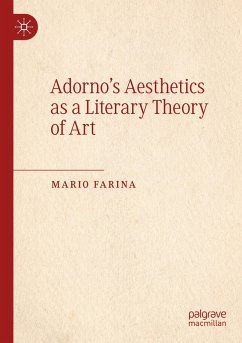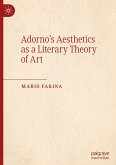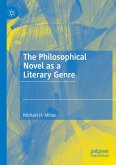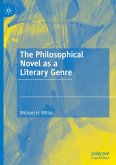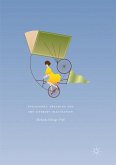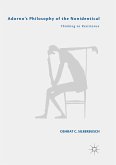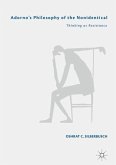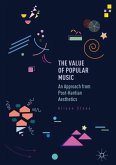This book re-examines Adorno's aesthetics, developing a new literary approach that aims to unveil hidden elements of Adorno's thought. Farina proposes to read Adorno's aesthetics as a literary theory of art, showing its efficacy in its comprehension of the most advanced trends of contemporary literature. As a result, this book provides an image of Adorno's aesthetics as a complete, satisfying and consistent philosophy of literature, a robust theory which is able to stand its ground in contemporary aesthetic debate. Challenging the prevalent prejudice that defines Adorno's thought, and especially his aesthetics, as 'modernist', Farina argues that Adorno's philosophy of literature shows its value precisely in its application to and comprehension of postmodern literature, such as the works of Thomas Pynchon, Don DeLillo and David Foster Wallace. Precise and compelling, this book provides a new paradigm for understanding Adorno's theory of artwork, serving as an essentialreference for researches investigating the relation between classical critical theory and contemporary art.

